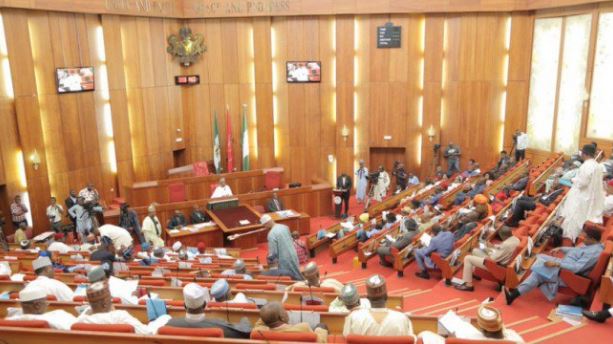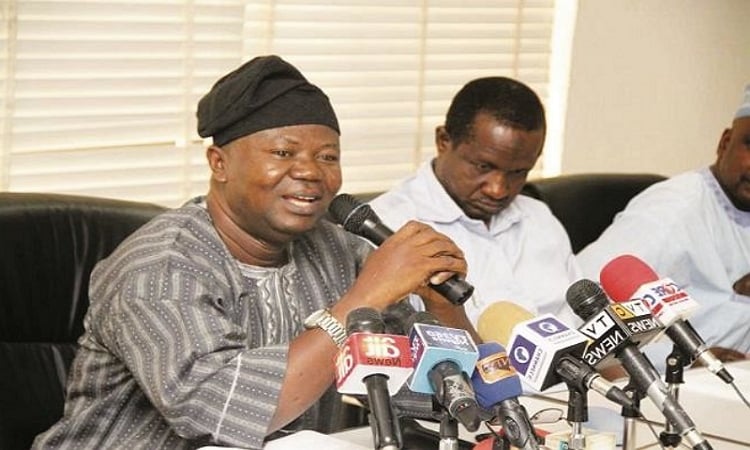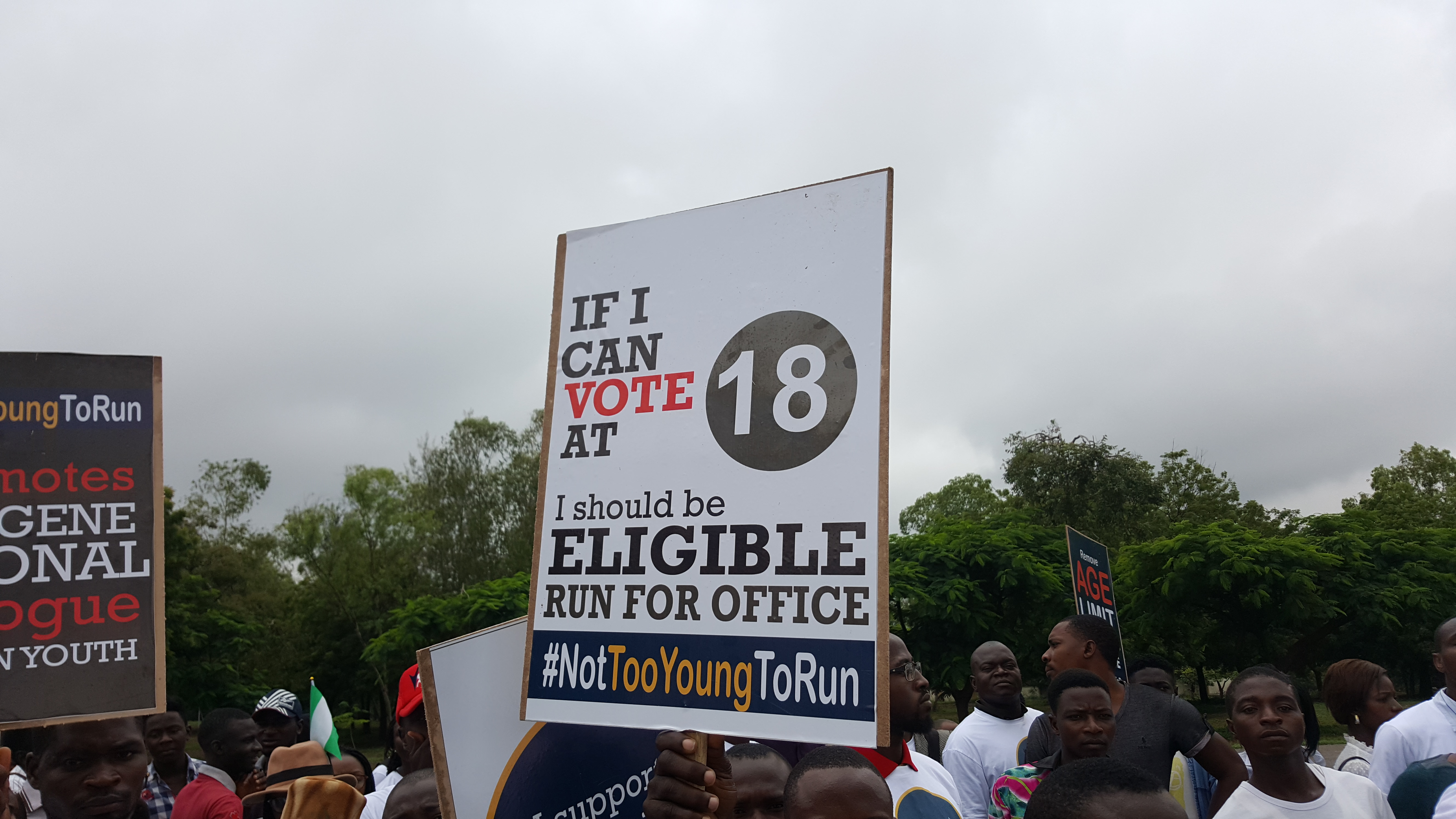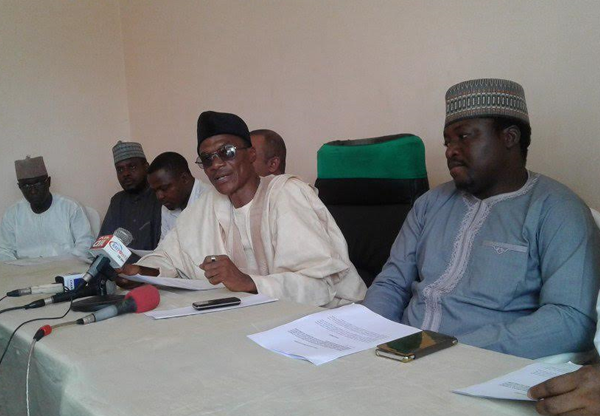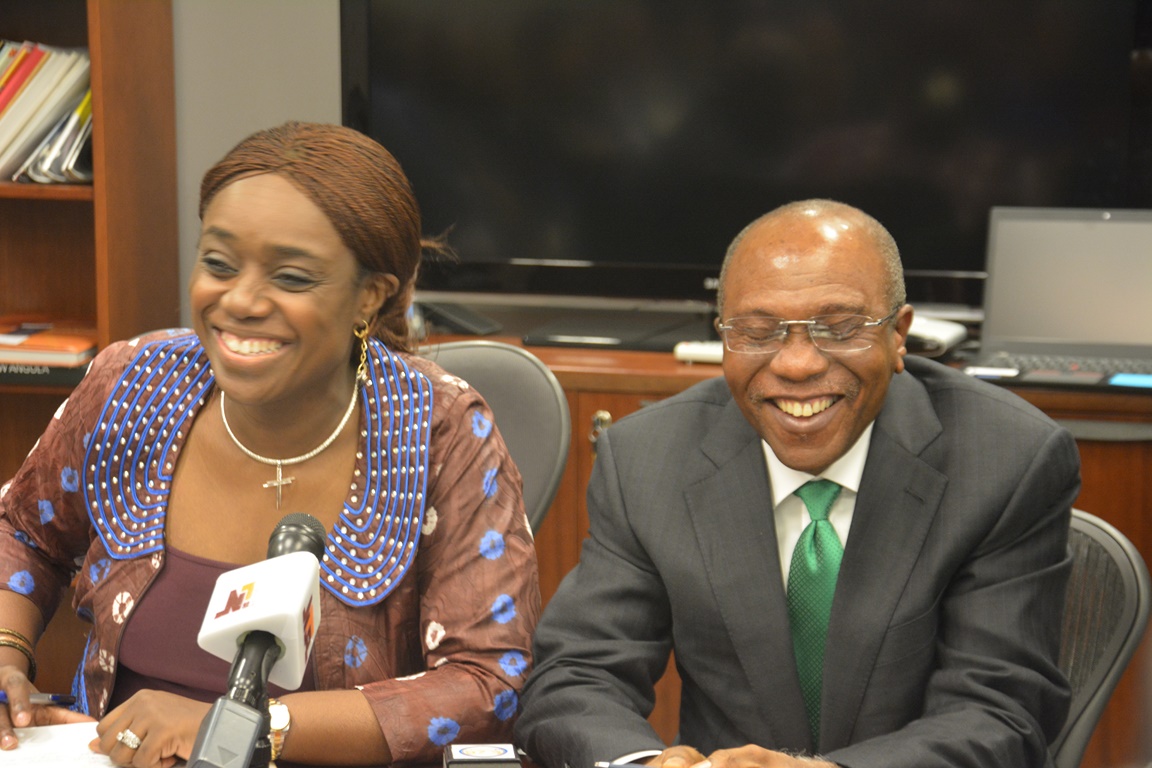BY VICTORIA OHAERI
In March 2016, I was part of a group of independent legal experts that joined Sierra Leonean civil society organizations (CSOs) to engage (Sierra Leonean) state officials in a dialogue around an NGO policy designed to enlarge governmental powers to regulate, monitor the funding and operation of non-governmental organizations (NGOs) and civil society groups operating in the country.
Among other inexplicable provisions, the Sierra Leonean NGO Policy required NGOs to be registered. Every certificate issued upon registration shall be valid for a period of 24 months, and must thereafter be renewed. Failure to renew will amount to termination of operation(s). Application for registration may be refused if the registering body is satisfied that the proposed activities of the applicant organization are not in the national interest. The registering body may also cancel or suspend a certificate for similar reasons. The policy also required NGOs to obtain the approval of the relevant government ministries and departments to ensure that their projects are in line with the objectives of the government.
Most of the provisions of the NGO Policy were restrictive to such a degree that would be considered a huge threat to the civic space. It was not surprising that the policy dialogue with the Sierra Leonean officials turned out to be quite contentious. At a side meeting, I told some participating NGO leaders that that sort of restrictive legislation, replete with onerous requirements for NGOs, was unlikely to be introduced in my country, Nigeria. I assumed our [Nigerian] democracy is too mature for such fractious distractions. Hey, I was so wrong!
Three months later, precisely in June 2016, Nigeria’s federal lawmaker, Honorable Umar Buba Jibril sponsored Nigeria’s NGO Bill, which is my view, is an appalling imitation of the Sierra Leonean NGO Policy. The provisions of Nigeria’s NGO Bill are not just similar to the Sierra Leonean NGO Policy, but were also copied verbatim in a number of sections. Of all the things Nigeria needs to copy from Sierra Leone, restrictive legislation should never be one of them. Sierra Leone has such an enviable record of religious tolerance. It is common to see citizens bear names such as Emmanuel Ibrahim, James Abdullahi, John Mohammed. Mixed marriages between Christians and Muslims are also commonplace just the same way it is conventional for citizens to bear both Christian and Muslim names. This has entrenched religious tolerance in the country and represents a best practice Nigeria should probably consider copying at this time.
Advertisement
The full title of the Umar Buba Jibril-sponsored NGO Bill is A Bill for an Act to Provide for the Establishment of a Non Governmental Organization Regulatory Commission for the Supervision, Coordination and Monitoring of Non Governmental Organizations, Civil Society Organizations, etc in Nigeria and for other related matters. The real intent of Honorable Umar’s bill is crystal-clear! His lead paper in support of the Bill emphasizes the need “to regulate CSOs on matters relating to their funding, foreign affiliation and national security, and … to check any likelihood of CSOs being illegally sponsored against the interest of Nigeria.” What constitutes national security threats against the interest of Nigeria is unclear.
The parameters for making that determination are also not indicated anywhere in the Bill. Vague adjectives, phrases and penalties framed around the objective of national security and national interest litter several sections of the Bill. The language and tenor of the Bill leave no doubt that its primary objective is to clamp down on the Nigerian civil society by widening the state’s discretionary powers to interfere with NGO operations, and to impose additional layers of obstruction to a free civic space.
This star-crossed move is not new. The NGO Bill borrows a leaf from a previous legislative proposal in 2014, designed to give the Nigerian government the powers to regulate international funding to civil society organizations. Thanks to the intense pushback by local NGOs and CSOs, the 2014 Bill did not see the light of the day. Honorable Umar’s recent comeback has received considerable attention because the latest legislative proposal contains far-reaching, restrictive provisions than its previous counterparts. Having passed the Second Reading stage within a short while, the Bill has now been sent to the Committee on Civil Society and Development Partners for further legislative input.
Advertisement
Because of its innate design to shrink the civic space, Nigeria’s NGO Bill is unpopular and has been described as a threat to democracy. Beginning from May 2015, government agents, including the security forces, have particularly targeted bloggers and activists demanding accountability for official impunity. If this Bill succeeds, it will widen the doors for the government to crush dissent with ease, and specifically target activists and human rights organizations, including active citizens who question or criticise the decisions and actions of the State or powerful non-state actors. And of course, the ability of targeted groups and individuals to challenge abuses of governmental power, corruption, and violations of rights will significantly diminish. Executive tyranny will simply be institutionalized and elevated as state policy.
In view of the above, this Bill represents another disturbing evidence of closing spaces for civil society and democratic engagement in Nigeria. The resurgence of restrictive legislation targeted at NGOs and CSOs also reveals the prevailing official ignorance regarding the existing governance and operational frameworks that apply to CSOs and NGOs. The Bill’s sponsor and the proponents of restrictive regulation do not seem to be aware of the plethora of legislations and regulatory checks that NGOs already subscribe to. In addition, they do not seem to understand the implications of the Bill on other constitutional guarantees. This pervasive ignorance in official circles needs to be remedied urgently.
First off, the Companies and Allied Matters Act (CAMA) of 1990 has covered the field. That is, CAMA has already made robust provisions covering most of the issues replicated in the NGO Bill. The October 2016 three-in-one National Code of Corporate Governance issued by Financial Reporting Council of Nigeria (“FRCN”) also seeks to regulate public and private companies as well as non-profit organizations and NGOs. The National Planning Commission requires registration from organisations that rely on donor funds especially international non-governmental organisations.
Part of the mandate of the Special Control Unit against Money Laundering, SCUML, under the Ministry of Industry, Trade and Investment, is to “monitor, supervise and regulate the activities of Designated Non-Financial Institutions (DNFIs) in Nigeria in consonance with the country’s Anti-Money Laundering and Combatting of the Financing of Terrorism regime. NGOs and CSOs are categorised as DNFIs. The question begging for an answer is: Will the NGO Bill repeal CAMA and these other institutional mechanisms that regulate NGO operations? Will an additional legislation not tilt towards over-regulation?
Advertisement
Apart from the consequence of over-regulation, the NGO Bill’s requirement for compulsory registration of non-profit and non-governmental organizations sharply contrasts with the constitutional guarantees of free expression, public assembly and association rights protected under Section 39(1) of the Constitution. In other words, registration is neither compulsory nor an obligation required of non-profit organizations in the Nigerian 1999 Constitution.
The effect of registration is to extend certain privileges and status which it would otherwise not enjoy should it remain unincorporated. Taken together, Sections 39 and 40 of the 1999 Constitution protect the rights of citizens to form themselves into groups or associations for whatever lawful purposes they may decide. The rights of such group of persons and individuals to hold, express and propagate any views legally are also guaranteed.
This position has also been upheld in a long line of cases by Nigerian courts. In Fawehinmi v. N.B.A (No. 2), Nigeria’s Supreme Court found that an unincorporated organisation can lawfully exist under the laws of Nigeria although it would not be recognised as a legal entity, capable of suing or being sued, but may only act through its appointed representatives.
Beyond the threats to the civic space, an additional legislation targeted at NGOs and CSOs will pile up regulatory burdens and bureaucratic bottlenecks, stifling the enabling environment for doing business in Nigeria even further. These regulatory burdens leave organizations with less time and money for their actual charitable and advocacy activities. The bigger organizations, especially international organizations, with fatter bottom-lines and connections in high places, will definitely find it easier to scale through these hurdles. The hammer of [over]regulation will fall disproportionally on smaller NGOs and indigenous organizations playing important roles as watchdogs of the State and as defenders of human and civil rights.
Advertisement
What do we do next? The NGO Bill is an unnecessary distraction and should be thrown out. It needs to be emphasised that the proliferation of laws does not necessarily translate to effective regulation of the sector. In addition, NGOs face no risks other corporate entities aren’t exposed to. Not only that, there is no risk civil society organizations and NGOs face that has not been legislated upon or regulated both at the national and global levels. Rather than reinventing the wheel, a robust implementation of existing laws is a more productive path to follow. And this approach should be reinforced by strengthening the investigative, prosecutorial and adjudicative capacities of existing regulatory bodies that exercise oversight over corporate entities.
Ohaeri is the founder and director of research and policy at SPACES FOR CHANGE | S4C, Nigeria. She can be reached on [email protected].
Advertisement
Views expressed by contributors are strictly personal and not of TheCable.
Add a comment
